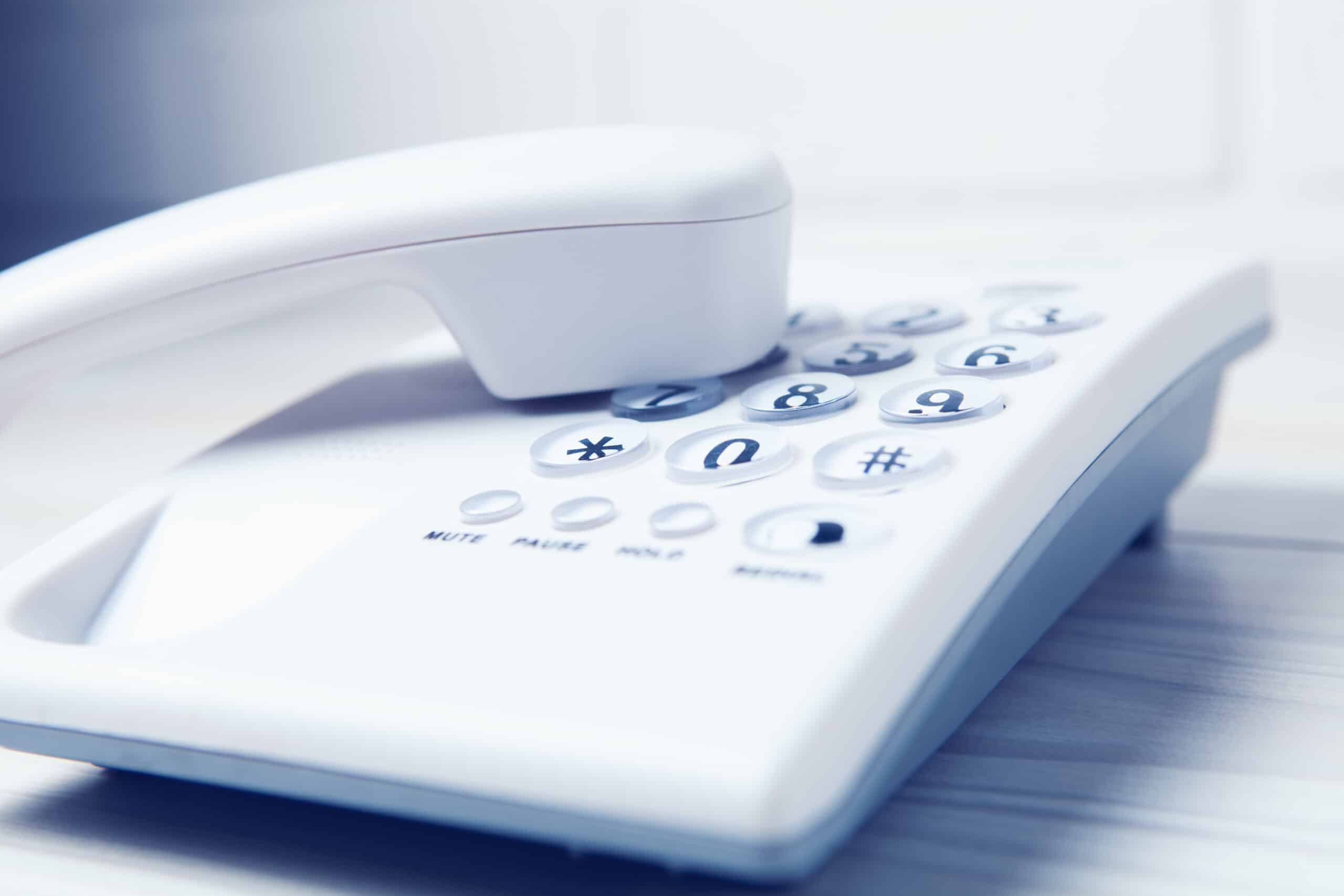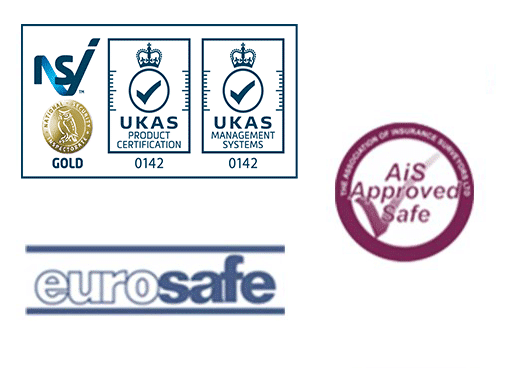Sounds catchy but what does it actually mean? By 2025, BT Openreach will have phased out the traditional analogue, copper wire phone lines that have fed our communication for 150 years. In its place will be a fibreoptic (IP) network. This upgrade has been given greater impetus by the pandemic with the nation increasingly working from their homes needing improved connectivity. This transition is now happening and at a pace that is gathering significant momentum.
How quickly is the switch happening?
Salisbury and Mildenhall were the first trial areas to start moving to all-IP and there are 50 to 80 telephone exchanges migrating per quarter. Once a telephone exchange can provide the full fibre network to 75% of the premises it serves, they will no longer sell analogue services in that area. By September 2023 BT Openreach will not accept new analogue lines, whilst also limiting maintenance of existing lines in an action called “stop sell.”
What does BT’s switch to IP mean for you?
The roll out is good news: the new digital technology is faster, more reliable, and easier to maintain. However, there is a knock-on effect for intruder and fire alarms reliant on a traditional phone line for monitoring, meaning communication to the central station may be lost. Many of you will have an alarm system using traditional phone lines and need to replace it with one that utilises mobile phone networks or the internet. This affects digital communicators, CSL Dualcom products and BT Redcare products.
BT Openreach are writing to residents to inform them of this roll out. Whilst they promise to always give 12 months’ notice before a telephone exchange goes into the “stop sell” category, in reality, this is not always the case. At Premier, we are proactively informing our clients of this initiative on routine service visits and encouraging them to change their monitoring product to avoid a lapse in service. It is vital that you act quickly to avoid a risk to your security.
What should you do next?
Firstly, the changeover from copper phone lines to the fibreoptic network is happening now and there is the potential for the supply of the necessary monitoring equipment to fall behind the demand. As well as product supply, lead times for engineers to attend your home to complete the change will also increase. So, we would urge everyone who will be affected by this not to wait until BT are on their doorstep before contacting their alarm company to change their monitoring method. Without monitoring you are without keyholder or emergency service response in the event of a break-in or fire, leaving your families and homes vulnerable.
Another important point for consideration is that you migrate to a like-for-like product. So, if you are currently on dual path monitoring, we would recommend you continue with a dual path product compatible with the fibreoptic network. The differing levels of monitoring can be confusing and choosing the wrong product could lead to you having inadequate coverage relative to the risk of you, your family, premises, and contents. If you wish to understand more about the all-IP initiative and how this can affect your monitoring, please contact us at Premier Alarms Ltd and we will be happy to assist.





